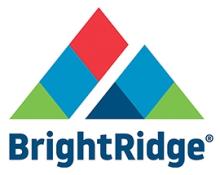Waverly Muni Fiber Another Success Story for Iowa - Episode 493 of the Community Broadband Bits Podcast

This week on the podcast, Christopher is joined by Jeff Magsamen, Telecom Director at Waverly Utilities in Waverly, Iowa. During the conversation, the two discuss Waverly’s journey building a municipal network, how triple play take rates have changed in the last few years, and the benefits of partnering with neighboring municipal networks to reduce startup costs. Christopher and Jeff also take some time to highlight Waverly’s impressive take rate in the community, and what it takes to build a network people love.
This show is 20 minutes long and can be played on this page or via Apple Podcasts or the tool of your choice using this feed.
Transcript below.
We want your feedback and suggestions for the show-please e-mail us or leave a comment below.
Listen to other episodes here or view all episodes in our index. See other podcasts from the Institute for Local Self-Reliance here.
Thanks to Arne Huseby for the music. The song is Warm Duck Shuffle and is licensed under a Creative Commons Attribution (3.0) license.


